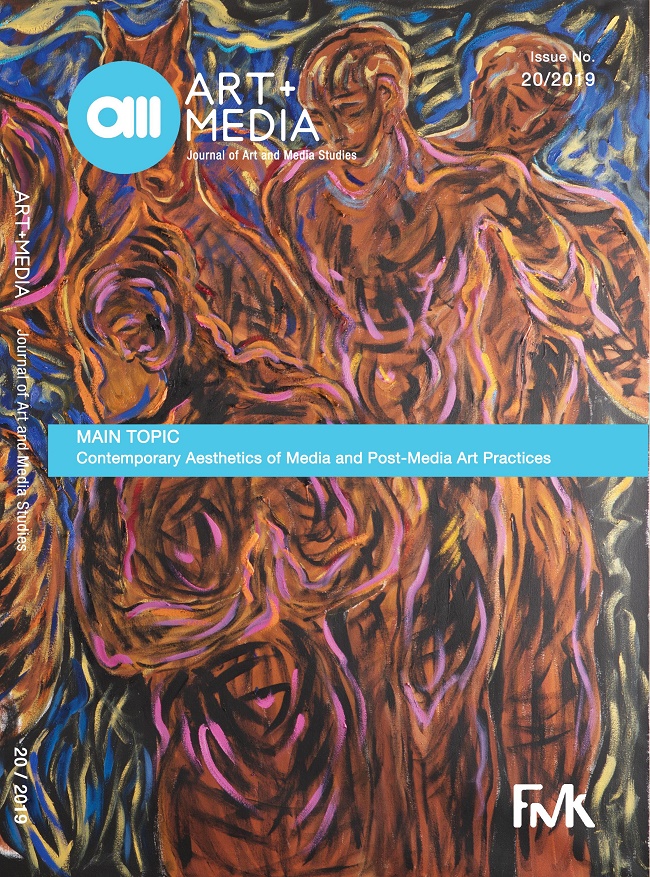Computer Interface as Film: Post-Media Aesthetics of Desktop Documentary
Computer Interface as Film: Post-Media Aesthetics of Desktop Documentary
Author(s): Luka BešlagićSubject(s): Aesthetics, Film / Cinema / Cinematography
Published by: Fakultet za medije i komunikacije - Univerzitet Singidunum
Keywords: aesthetics; desktop documentary; essay film; experimental film; interface; post-media; postproduction; video essay
Summary/Abstract: This paper explores a recently emerged audiovisual form called desktop documentary, an interdisciplinary computer-based variant of the essay film. As a post-media practice, no longer exclusively dependent on the film medium, desktop filmmaking represents a hybrid audiovisual genre entirely conducted in the digital environment by using and exploiting preexisting materials in new contexts while using the advantages of the Internet, widely used software and digital tools. Desktop documentary filmmaking corresponds to the widespread artistic practice of postproduction – a concept introduced by Nicolas Bourriaud signifying a new state of affairs when all texts of culture are already available (mostly as digital objects) and the artist intervenes on existing materials rather than produces artworks ex nihilo. Belonging to the tradition of essay film – a cinematic documentary and experimental mode in which moving images and off-screen verbal voice or textual captions establish complex relations – desktop video essays introduce new post-media aesthetics. Similar to the idea of using everyday materials in the artistic context, initially proposed with Duchamp’s ready-mades, which unprecedentedly effaced every notion of the style from their avant-garde aesthetics, desktop documentaries often minimize and abolish cinematic stylistic qualities. One of the most significant aspects of desktop documentaries is that the act of film viewing does not differ from common computer user experience: having replaced traditional film screen with the computer interface, the interactive process of computational multitasking and navigation, performed on various digital data and files, becomes the very content of the film. After the historical overview of the phenomenon and general introduction into the post-media theory, selected works of representative desktop documentarists such as Kevin B. Lee and Louis Henderson are analyzed in their deconstructive approach to traditional and digital filmmaking – subversive both formally and politically.
Journal: AM Časopis za studije umetnosti i medija
- Issue Year: 2019
- Issue No: 20
- Page Range: 51-60
- Page Count: 10
- Language: English

